2020 has certainly been a difficult, and unexpected, year.
But amongst the chaos and uncertainty, something good has emerged… something that was long, long overdue.
And that ‘something’ is the Black Lives Matter movement — a movement committed to fighting the inequality faced by black communities across the world.
It’s seen millions of people speak up against racism, and thousands of public figures use their platforms for the wider good; something all content creators should be doing right now, however big or small.
But what, specifically, can us wedding photographers do to support black lives, especially if we’re white?
Well, whilst we’re an accepting bunch who live for love and equality in all its forms, it’s important to recognize that our industry is one that can often be tarred by age-old ‘traditions’ that can sometimes forget the need for diversity.
Today, we want to break down exactly how you can support the BIPOC community (that’s Black, Indigenous People Of Color) as a white photographer, and the steps we all need to take to build the most inclusive and welcoming businesses possible.
So, let’s get started.
Start with representation
When it comes to supporting the BIPOC community, the first thing us photographers have got to do is actually represent it. This means actively working with the community and including them in your portfolio.
But even if you’re more than happy (or even eagerly waiting) to book BIPOC couples — if you haven’t already done so, your inclusive intentions might not necessarily be clear.
Why? Because it all comes down to perspective.
Imagine you’re a person of color, stumble across a white photographer’s website, and see absolutely zero photographs of people who look like you.
How are you going to feel?
Chances are, you’ll look elsewhere and might not feel particularly welcome by the business.
You see, the wedding photography industry is an intimate one — one that’s rooted in connection and emotion, and that’s why actual visibility (and not just good intentions) is so important.
Want to work with diverse couples? Show diverse couples.
Simple!
Only it isn’t always that easy, is it?
The truth is, it can be tricky to attract new clients if you haven’t already worked with them in the first place — and that’s why you’ve really got to go that extra mile when it comes to boosting your BIPOC representation.
To do this, why not reach out to BIPOC couples you know, and offer them a free photoshoot to gain some experience in diverse photography? You could also run a free giveaway on social media, too.
Whatever you do, just make sure you’re reaching out to BIPOC couples and getting started with diversifying your portfolio. It’s the number one thing us photographers can do to support the community.
Then, show off that representation to the world
Once you’ve made some progress with your BIPOC portfolio, it’s time to show it off.
This means updating your online portfolios, website, social media pages and other channels with examples of your BIPOC photography. It also means getting savvy with your marketing and getting those images in front of the right people.
You could, for example, share your inclusive photography with the BIPOC community online with relevant Instagram hashtags.
And on your website, you could also create a blog series that showcases BIPOC couples and their wedding days. An article on, say, African American wedding traditions, as just one example, would certainly let the community know you’re serious about your allyship.
You don’t just have to stop with content, however.
Spending a little bit of money on targeting recently engaged, BIPOC couples in your area with social media ads, for example, could be a great way of not only generating some leads, but also making crystal clear your stance on diversity.
However you go about it, it’s your job as a white photographer to make BIPOC couples feel welcome — and that means doing everything you can to boost their visibility within your brand, and letting them know that you’d love to work with them.
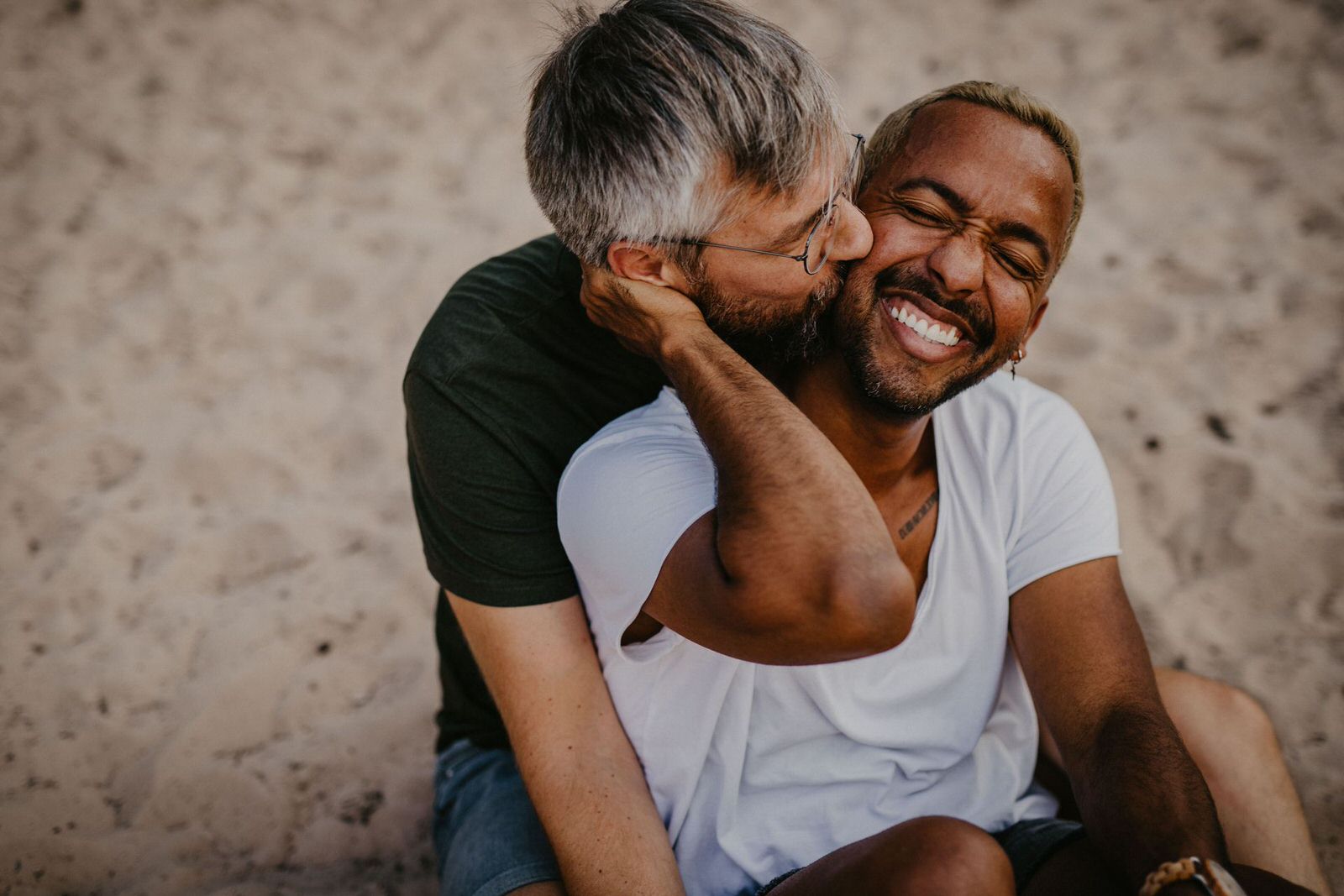
Photographer: Sylviane Brauer
Consider your marketing more broadly, beyond just your portfolio
Having a diverse portfolio is fundamental — but there’s more to diversity than images.
Your overall marketing message is what also needs addressing, too.
If you run a photography blog, for example, it’s important to make sure that your topics are inclusive and shine a light on all kinds of different love, including those of all backgrounds.
And, equally, if you want to support the BIPOC community, you’ve got to make sure that your business is on that same page, too.
You might think the two are the same, but they’re not.
Let’s say you have an Instagram page for yourself, and a separate profile for your business… which you certainly should, by the way!
In this scenario, if you’re going to post about Black Lives Matter on your personal page (because it’s something you deeply care about) — you also want to make sure you’re posting it on your business page, too.
And no, there’s nothing cynical or calculating about doing so.
The truth is, your business will be rooted in what you believe in, so it’s important that your marketing materials reflect your own views and openness.
As well as including BIPOC shots in your portfolio, then, do all you can to make sure that your marketing is backing up that visibility with a consistent message that shows how serious you are about black lives, and black love.
Educate yourself on BIPOC history
To support the BIPOC community, it helps to actually understand the community and why it needs support in the first place.
That’s why education is key.
And no, we don’t mean to patronize you here — the vast majority of us already understand why black lives matter, and why anti-racism is so important.
But not all of us have a nuanced understanding of black history, which is essential if you’re serious about diversity… especially in the wedding industry.
Why?
Well, take plantations as just one example.
Old slave plantations — where black people were abused, chained and killed — are still, to this day, being used as wedding venues across the country.
In fact, back in 2012, even Ryan Reynolds and Blake Lively fell victim to this oversight, when they married at Boone Hall in South Carolina… a move they have since apologized for.
But what does this mean for wedding photographers, exactly?
Well, if Hollywood celebrities don’t have the knowledge to pick a socially acceptable wedding venue… where does that leave us?
The thing is, even with the best intentions in the world, if you aren’t educated on black history, mistakes like this could be common — and the damage that could do to your brand, and its mission for inclusivity, could be huge.
That’s why you’ve got to educate yourself on the basics.
A great place to start is the BLM ‘Educate Yourself’ library, which is filled with helpful resources on anti-racism, black history, white privilege and other topics that’ll help you become the best ally you can.
None of this is about being an ‘expert’ or having an encyclopedic knowledge on black history — it’s simply about understanding different perspectives, and learning about how to carry ourselves in a racially accepting way.
If you’re serious about supporting BIPOC couples, knowing the basics is a must. It’ll help avoid unnecessary mishaps (like booking a plantation wedding) and will provide a strong foundation for building a business that’s truly inclusive.
And finally, be a genuine ally and make a real difference
Showing up for the BIPOC community is about more than making your business a safe space for black and indigenous couples.
Of course, this is important, but sometimes going that extra mile is about taking actions that don’t directly benefit you — that’s when genuine, good intentions truly shine through.
The point we’re making here is that being an ally doesn’t just stop at home.
It’s all well and good making your business as accessible as possible for BIPOC couples, but if you’re only supporting the community to, in a sense, ‘line your own pockets’, that self-interest is usually very clear.
If, for example, you rarely use your platform (big or small) for the greater good, but are quick to ‘cash in’ on BIPOC couples, it’s a sign that your allyship is rooted in profit, not people — and that’s certainly not going to achieve your goal of genuine inclusivity.
That’s why putting your allyship before your business is so important.
Be vocal about anti-racism, donate to anti-racist charities, and do all you can to support the BIPOC community out of your business, as well as in it.
You could even consider setting up a fund to help support BIPOC couples and encourage other photographers to do the same. It’s moves like these that will show how serious you are about your allyship, which will make your mission for diversity all the more credible.
You’ve got this!
Supporting the BIPOC community isn’t hard.
Follow your heart, and you’re already more than halfway there.
Sure, you have to actively challenge yourself to consider your business from a non-white perspective, but that’s something that should come easy to the majority of us. And if it doesn’t — do all you can to educate yourself, and your business will be all the better for it.
Good luck, and don’t forget to check out our blog for more content on how to run the most inclusive business possible.
We’ll see you next time!
Connection is what it’s all about. Feel free to reach out to us with any comments or questions you might have, even if it’s only to say hello. If it wasn’t for our beautiful community, this place just wouldn’t feel the same.
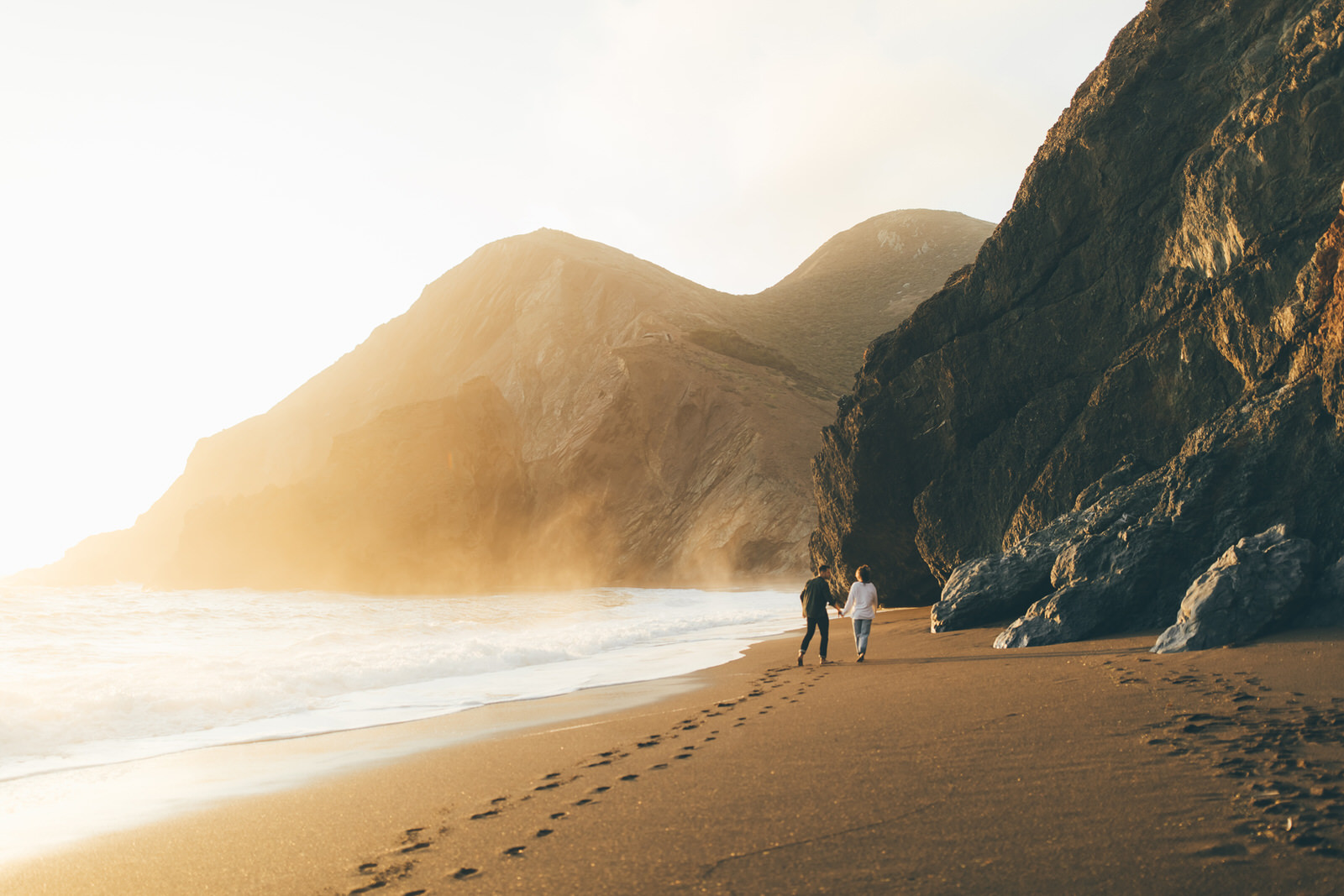
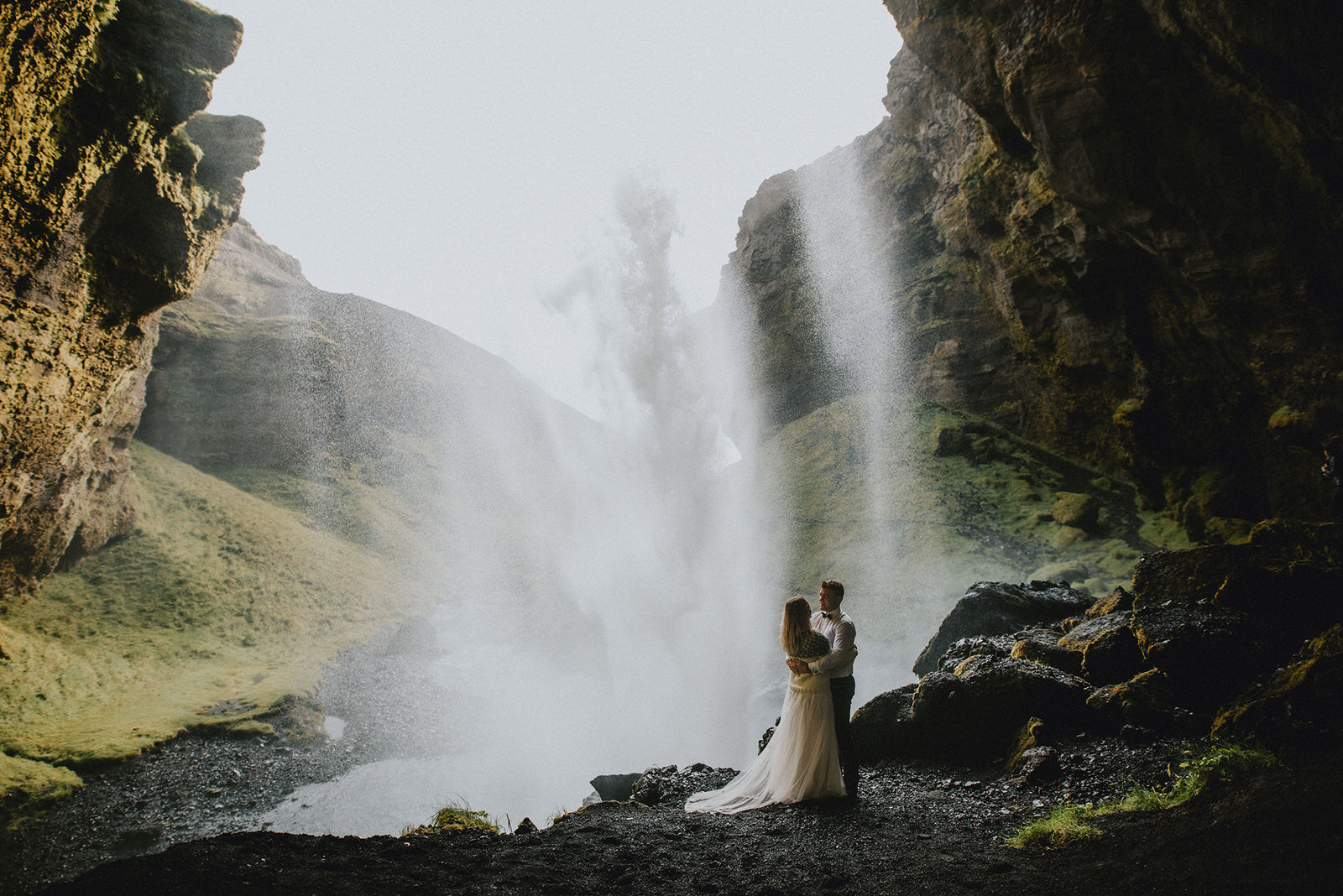
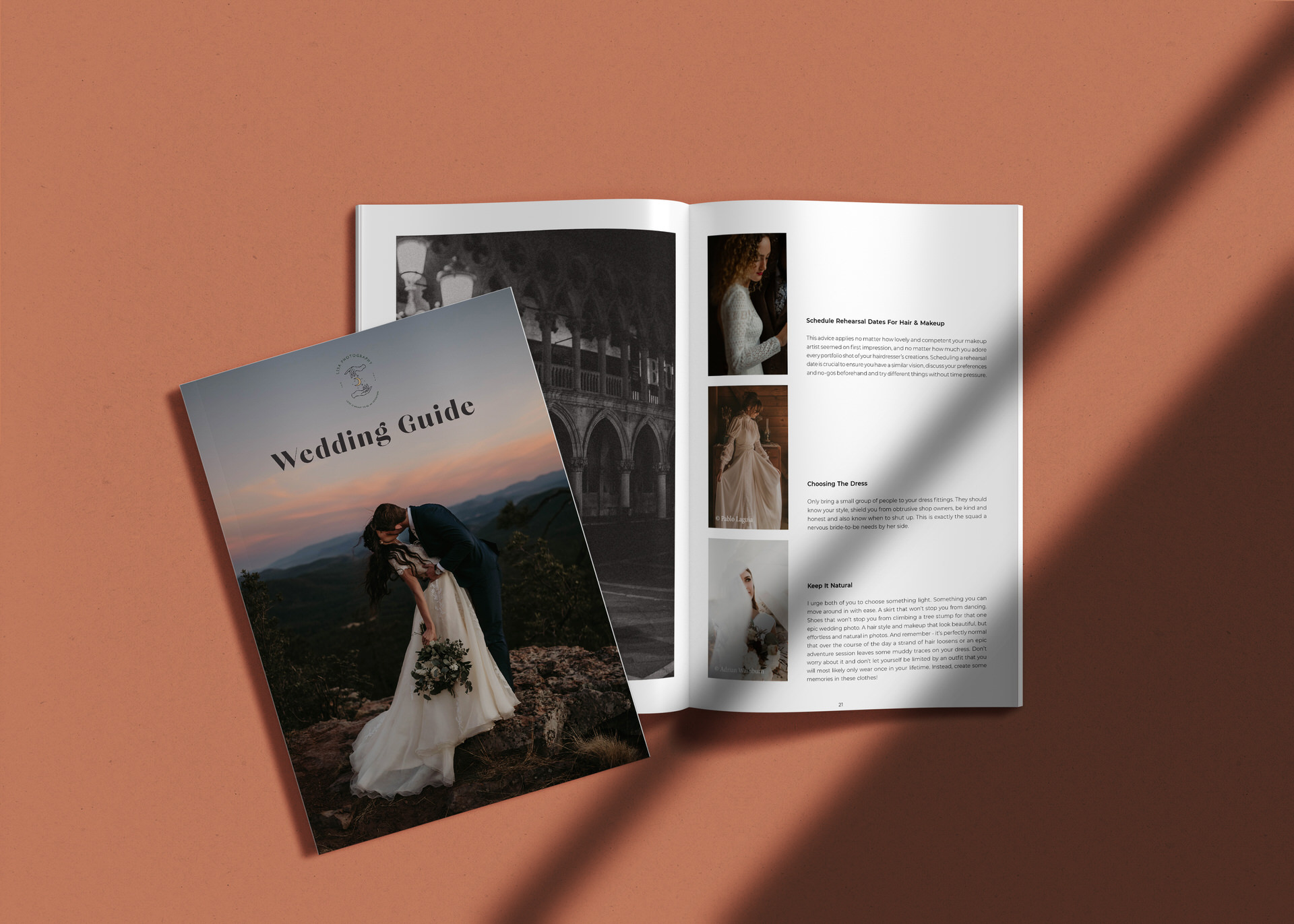
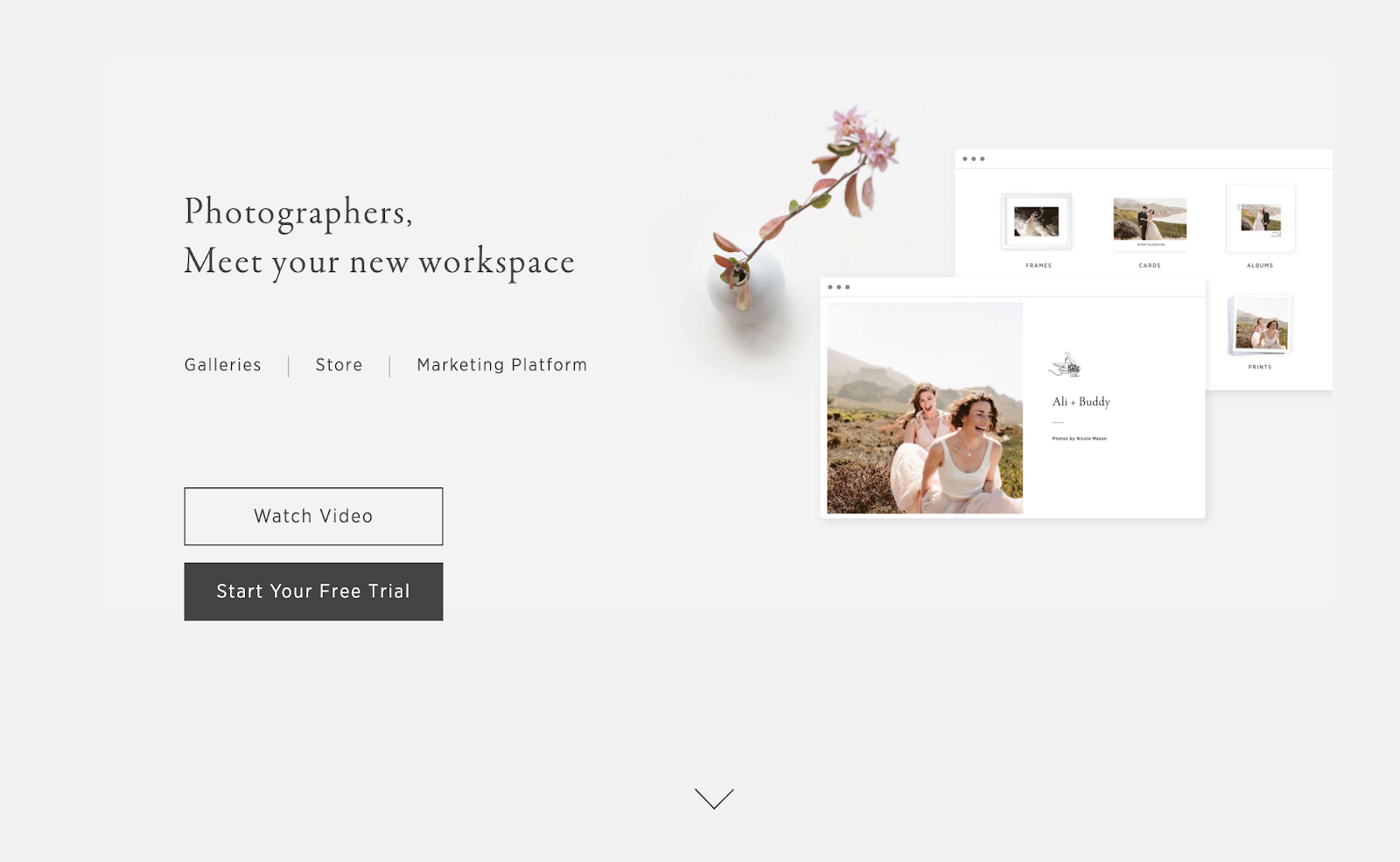

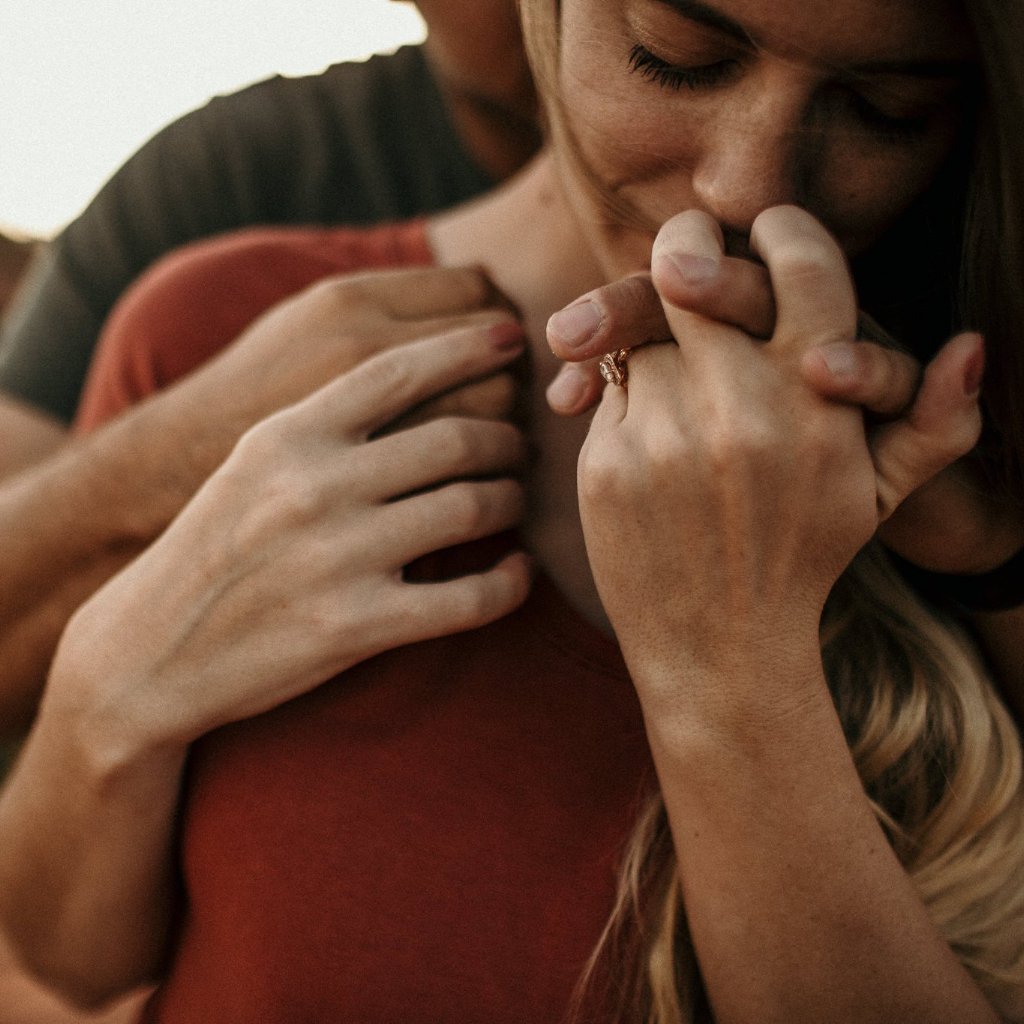
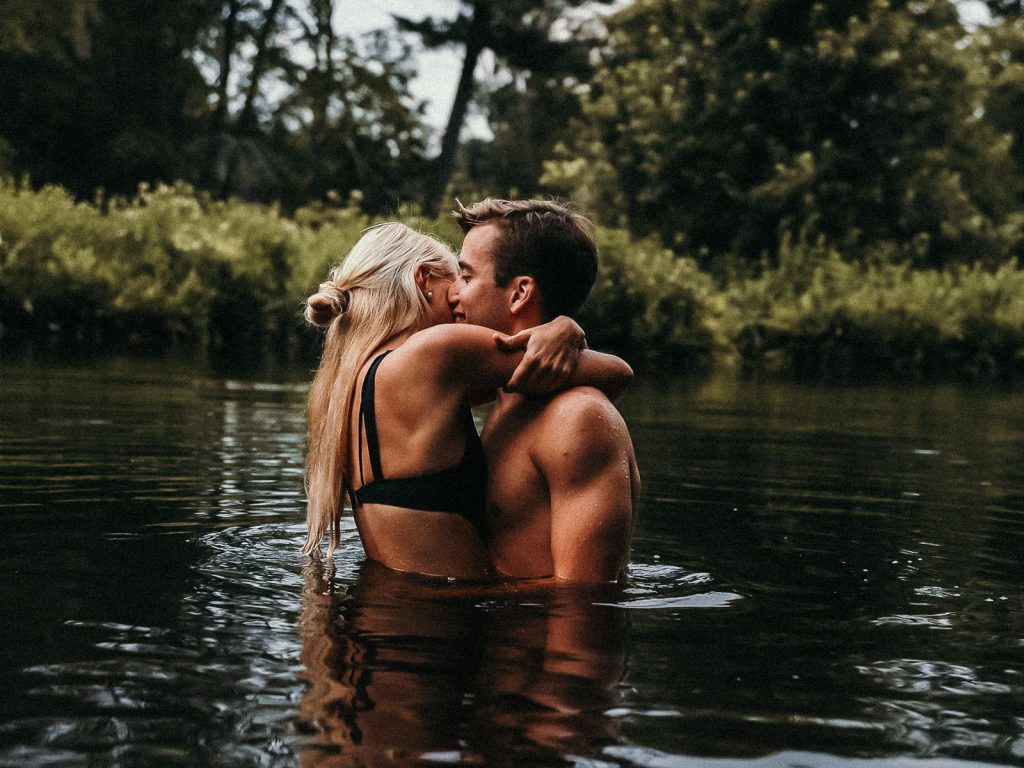
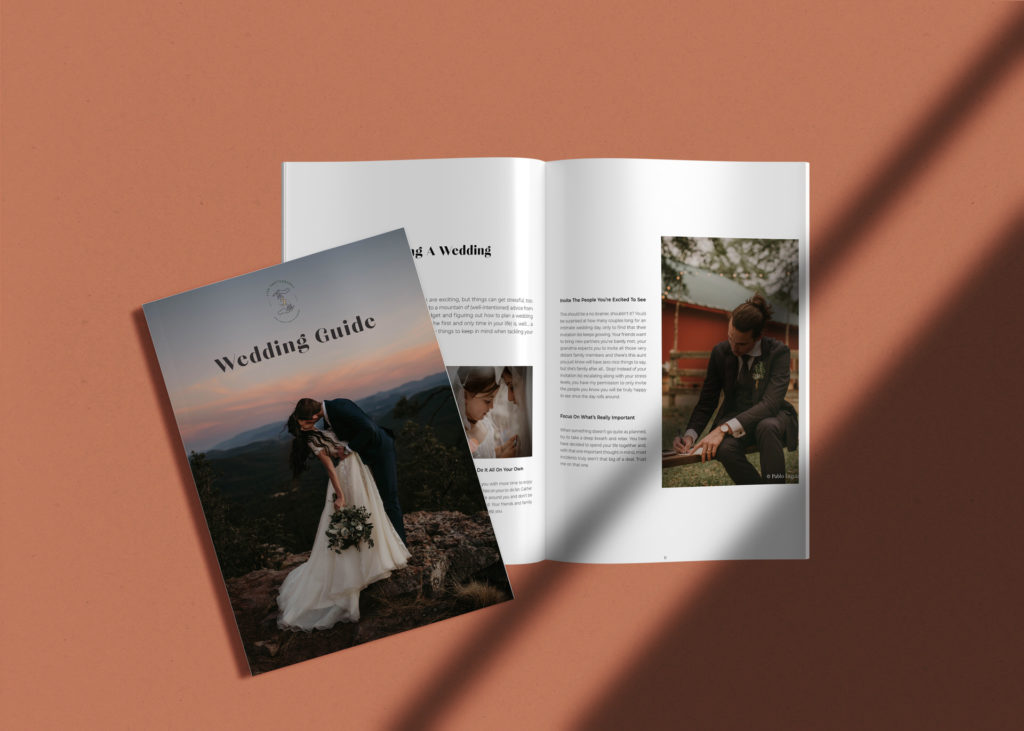
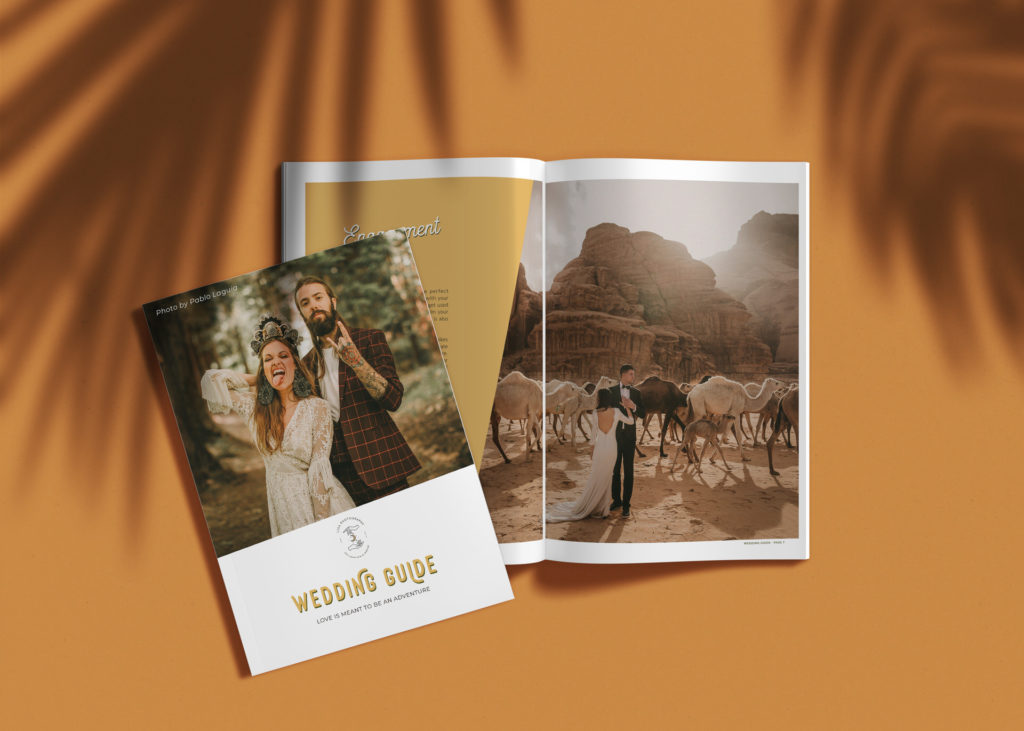
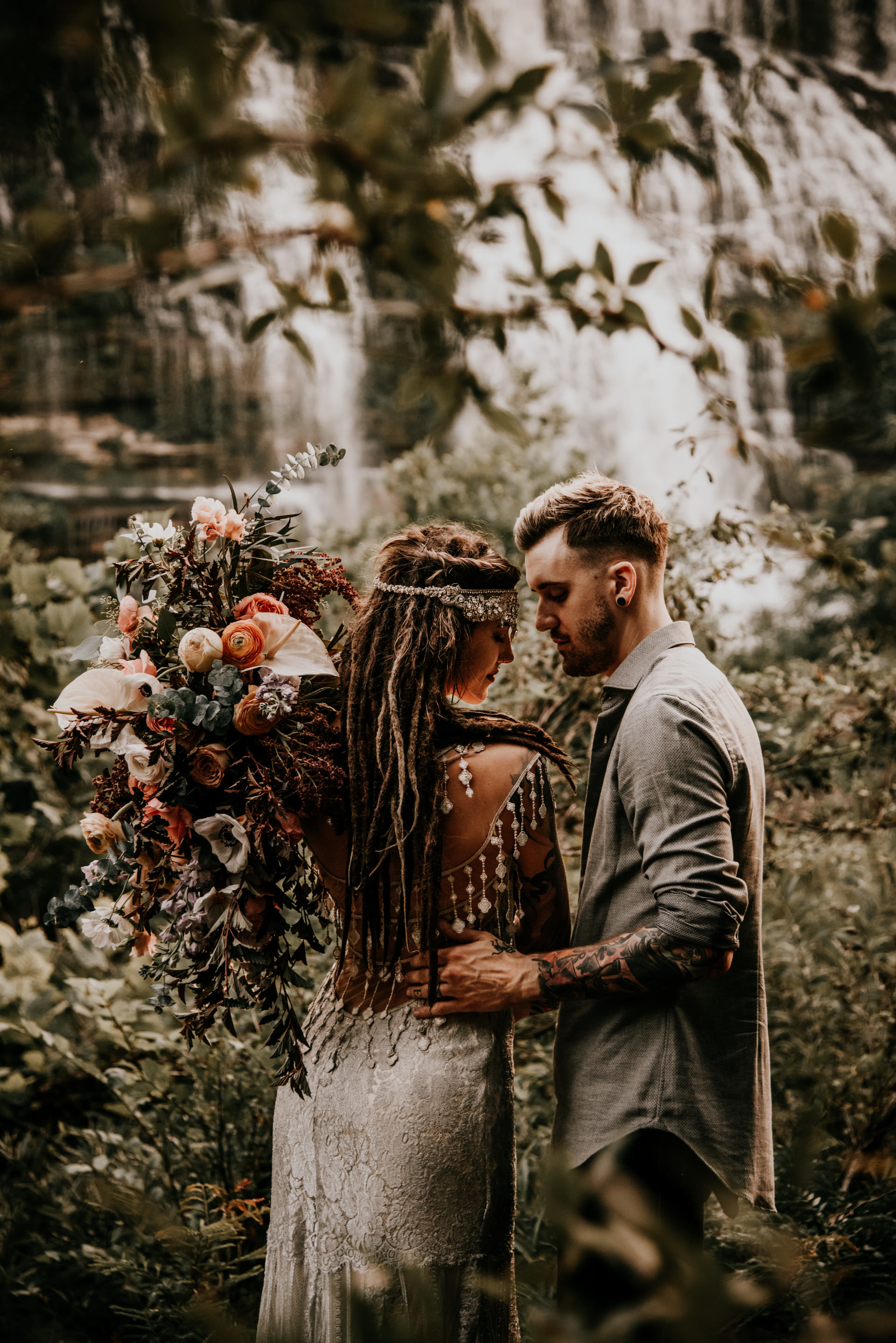
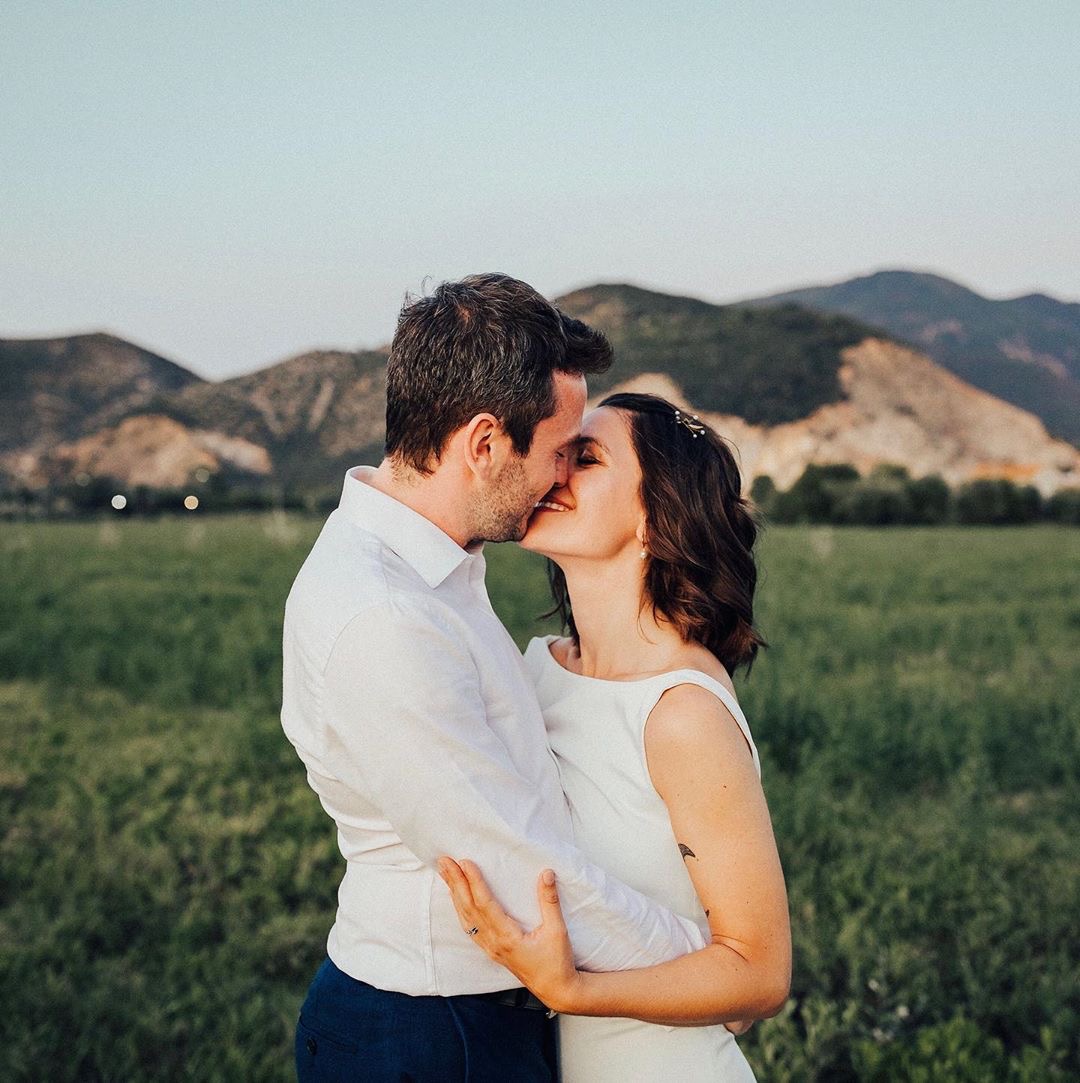
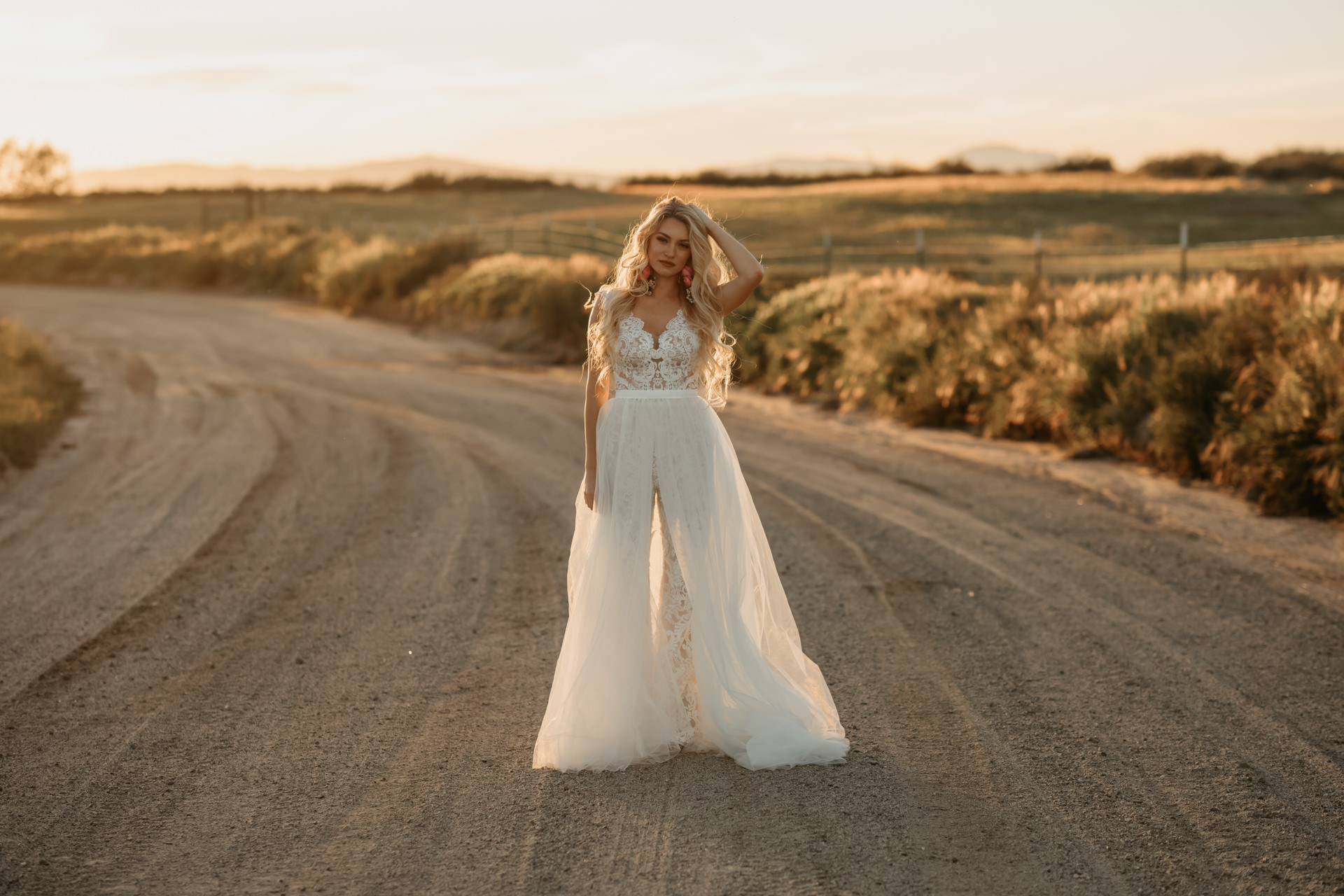
0 Comments